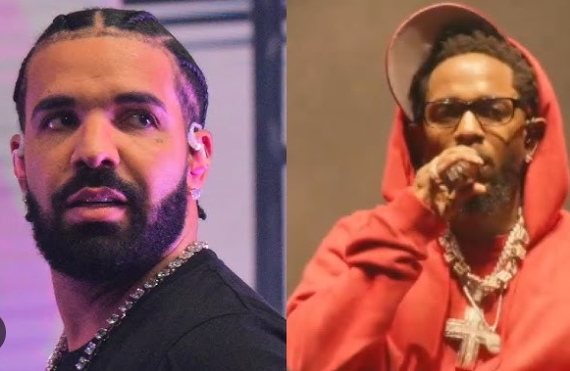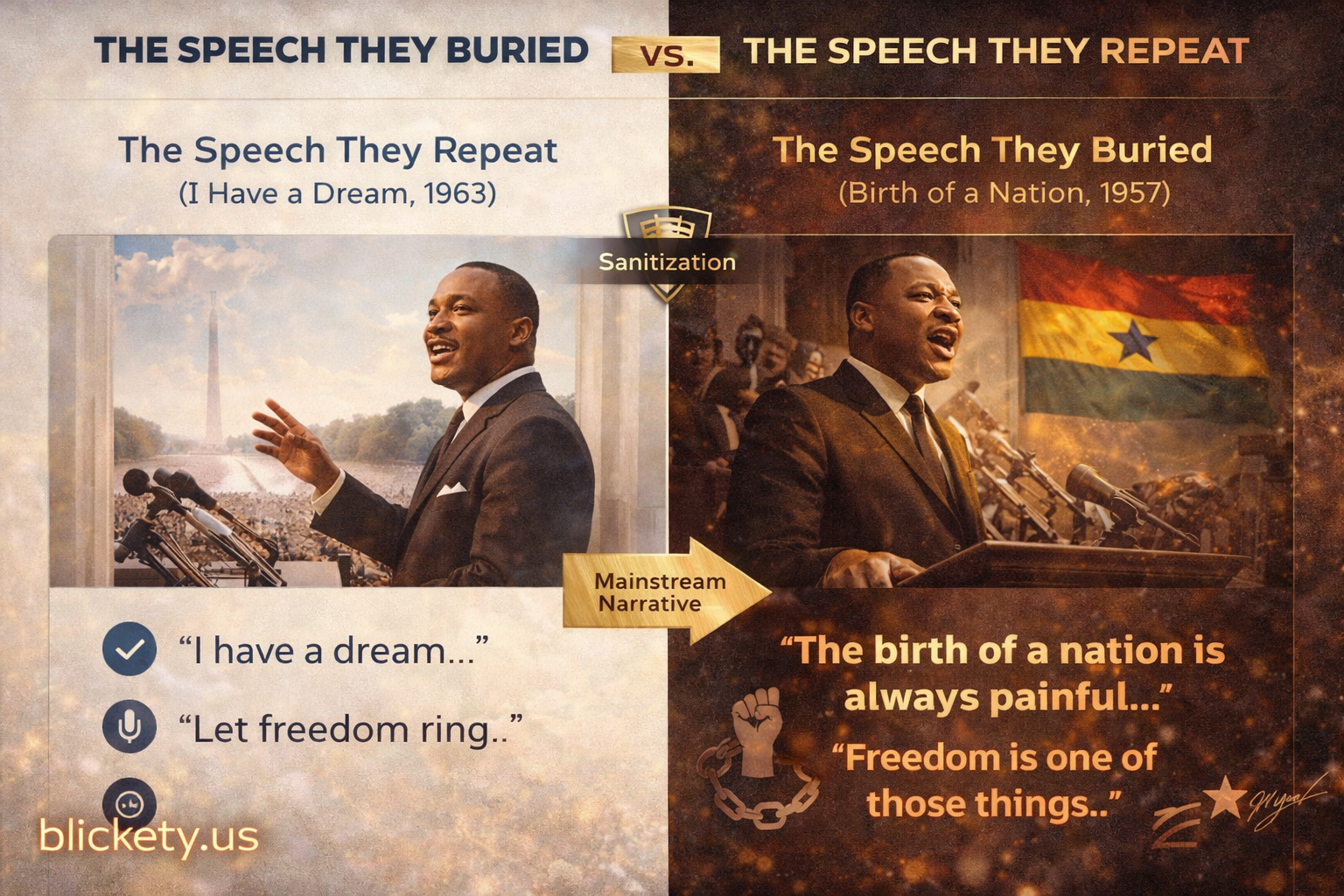
The music industry witnessed an unprecedented clash when Drake filed a defamation lawsuit against Universal Music Group (UMG) following Kendrick Lamar’s controversial releases. This landmark case has transformed from a typical rap beef into a legal battle with industry-wide implications.
The Build-Up: From Music to Mayhem
Kendrick Lamar ignited the conflict with “Like That” in March 2024, earning a Grammy nomination. The tension escalated when his follow-up track “Not Like Us” won a Grammy in May, deepening the rift between the two rap titans.
The Legal Battle Unfolds
Drake took unprecedented action in late 2024, filing a defamation suit against UMG, the record label representing both artists. His complaint centered on serious allegations about “Not Like Us” and its impact on his personal life.
Real-World Consequences
The lawsuit revealed shocking developments:
- Drake’s son had to leave his Toronto school
- Multiple attempted break-ins at Drake’s residence
- Claims of endangered personal safety
- Allegations of damaged professional reputation
UMG’s Defense Strategy
The record label countered Drake’s allegations with two main arguments:
- The illogical nature of harming their own successful artist
- Accusations that Drake aimed to silence artistic expression
Current Status and Industry Impact
As of February 2025, this ongoing legal battle could:
- Set new precedents for artist disputes
- Reshape label responsibilities
- Impact creative expression in hip-hop
- Change how labels handle inter-artist conflicts
The Broader Context
The case highlights crucial questions about:
- Artist rights versus creative freedom
- Label responsibilities to their roster
- The line between artistic expression and defamation
- The evolution of hip-hop beef in the legal era
Looking Forward
Industry experts continue monitoring this case for its potential to:
- Transform artist-label relationships
- Influence future musical disputes
- Set legal precedents
- Impact creative expression in rap





